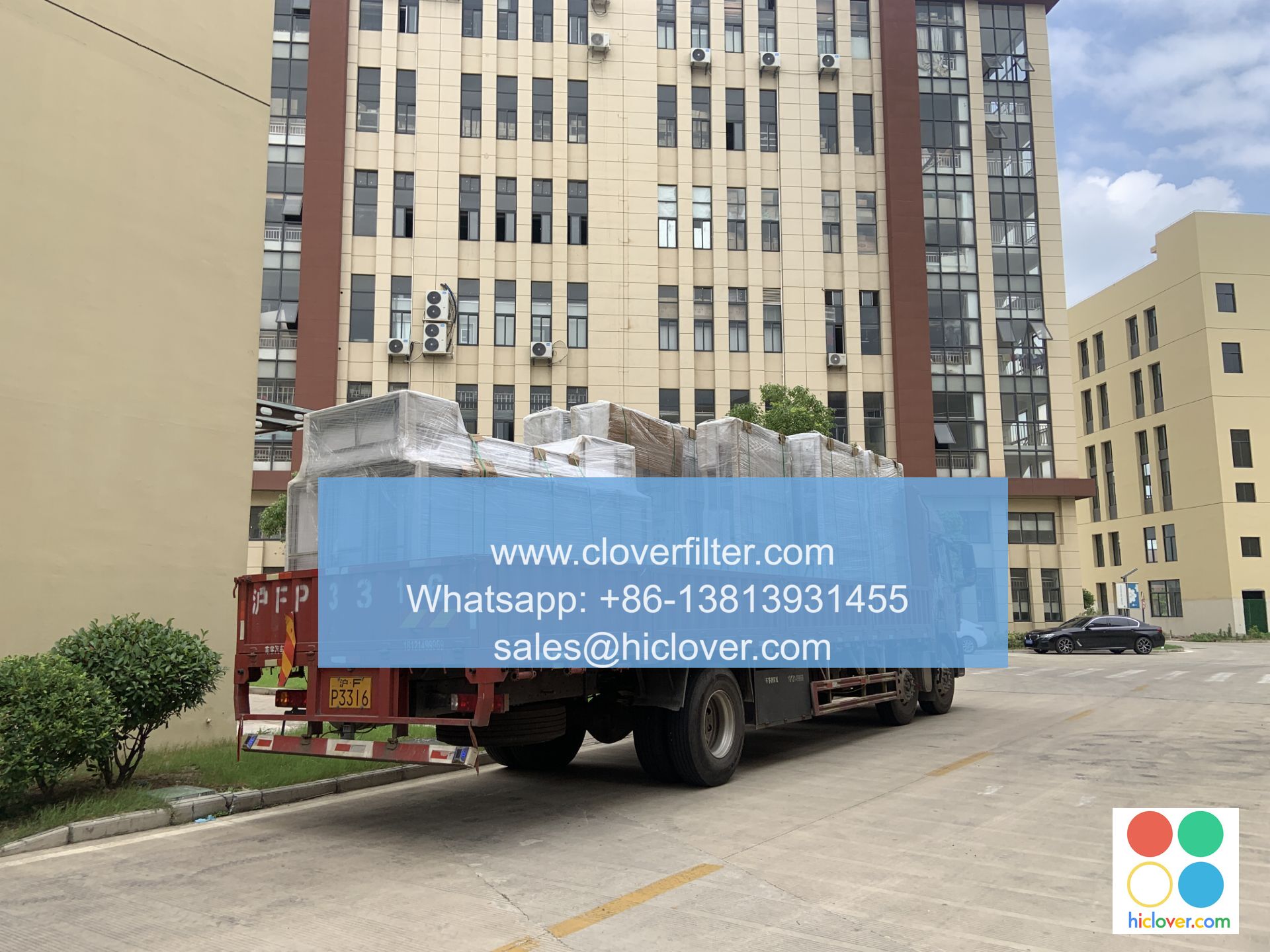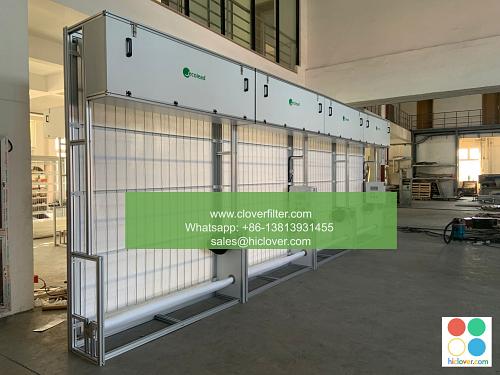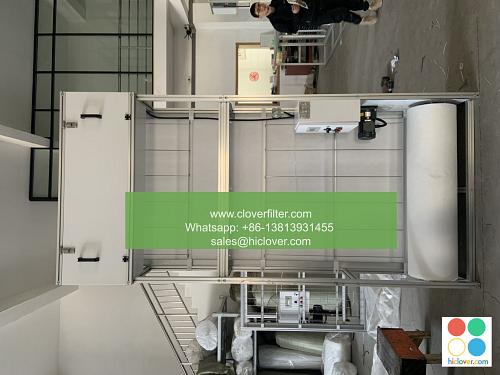Industrial Air Filter Regulations: Ensuring a Safe Work Environment

Industrial Air Filter Regulations: Ensuring a Safe Work Environment
As industries continue to grow and develop, ensuring a safe and healthy work environment has become a top priority. One of the most critical components in maintaining a safe work environment is the use of industrial air filters. Air quality regulations are in place to protect workers from airborne contaminants, particulates, and other potential hazards.
OSHA Regulations
The Occupational Safety and Health Administration (OSHA) is the primary regulatory body responsible for enforcing industrial air filter regulations in the United States. OSHA’s Permissible Exposure Limit (PEL) sets the maximum amount of airborne contaminants that workers can be exposed to in one day. For example, the PEL for hexavalent chromium (chromium VI) is 0.05 milligrams per cubic meter (mg/m3).
Specific Requirements for Various Industries
Construction and Demolition
- Cement making: Industrial air filters are required to capture 99.97% of particles 0.3 microns and larger to prevent inhalation of particulates and dust.
- Welding and cutting processes: High-efficiency filters (HEPA) are necessary to capture metal fumes, welding smoke, and other airborne pollutants.
Manufacturing
- Painting and coating: Air filters with activated carbon and HEPA filters are used to capture volatile organic compounds (VOCs), such as solvents, and heavy metals like lead and chromium.
- Pharmaceuticals and biotechnology: High-quality filters are necessary to capture airborne microorganisms, including bacteria and viruses, to prevent contamination and ensure product integrity.
Mining and Oil Refining
- Mining: Diesel particulate filters are used to capture particles from heavy machinery and equipment to reduce exposure to respirable dust and particulates.
- Oil refining: Air filters with activated carbon and HEPA filters are used to capture volatile organic compounds (VOCs), including fuels and solvents, to prevent worker exposure.
Certifications and Compliances
- NEMA (National Electrical Manufacturers Association): Certifies electrical and electronic equipment, including air filters, to ensure safety and performance standards.
- ASHRAE (American Society of Heating, Refrigerating, and Air-Conditioning Engineers): Establishes standards for air quality, including industrial air filters, to ensure energy efficiency and indoor air quality.
Conclusion
Industrial air filter regulations are in place to ensure a safe work environment by controlling airborne contaminants, particulates, and other potential hazards. By understanding the specific requirements for various industries and applications, companies can choose the right air filters to protect their workers and comply with regulatory standards.
Key Takeaways:
- Industrial air filters are necessary to ensure a safe work environment
- OSHA regulations set the standard for air quality and worker exposure
- Specific requirements vary by industry, such as welding, manufacturing, and mining
- Certifications and compliances, like NEMA and ASHRAE, are important for air filter performance and safety
- Selecting the right air filter can help companies avoid fines and maintain worker safety and health
I’m ready to help! Please provide a prompt or ask a question, and I’ll do my best to assist you. Don’t worry if it’s a general topic or a specific question – I’m here to help. Go ahead and give me a prompt!
(sorry, I got a bit excited)


